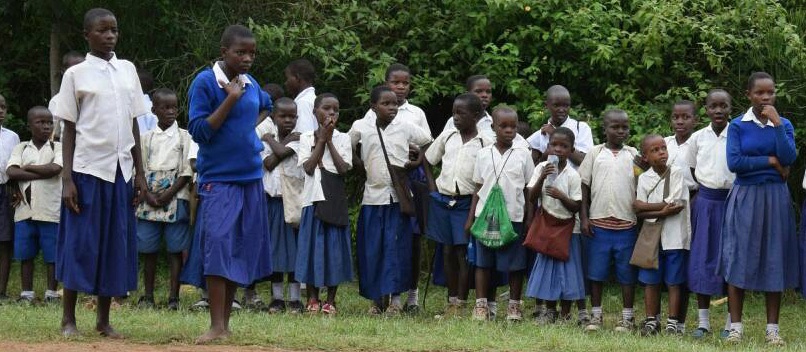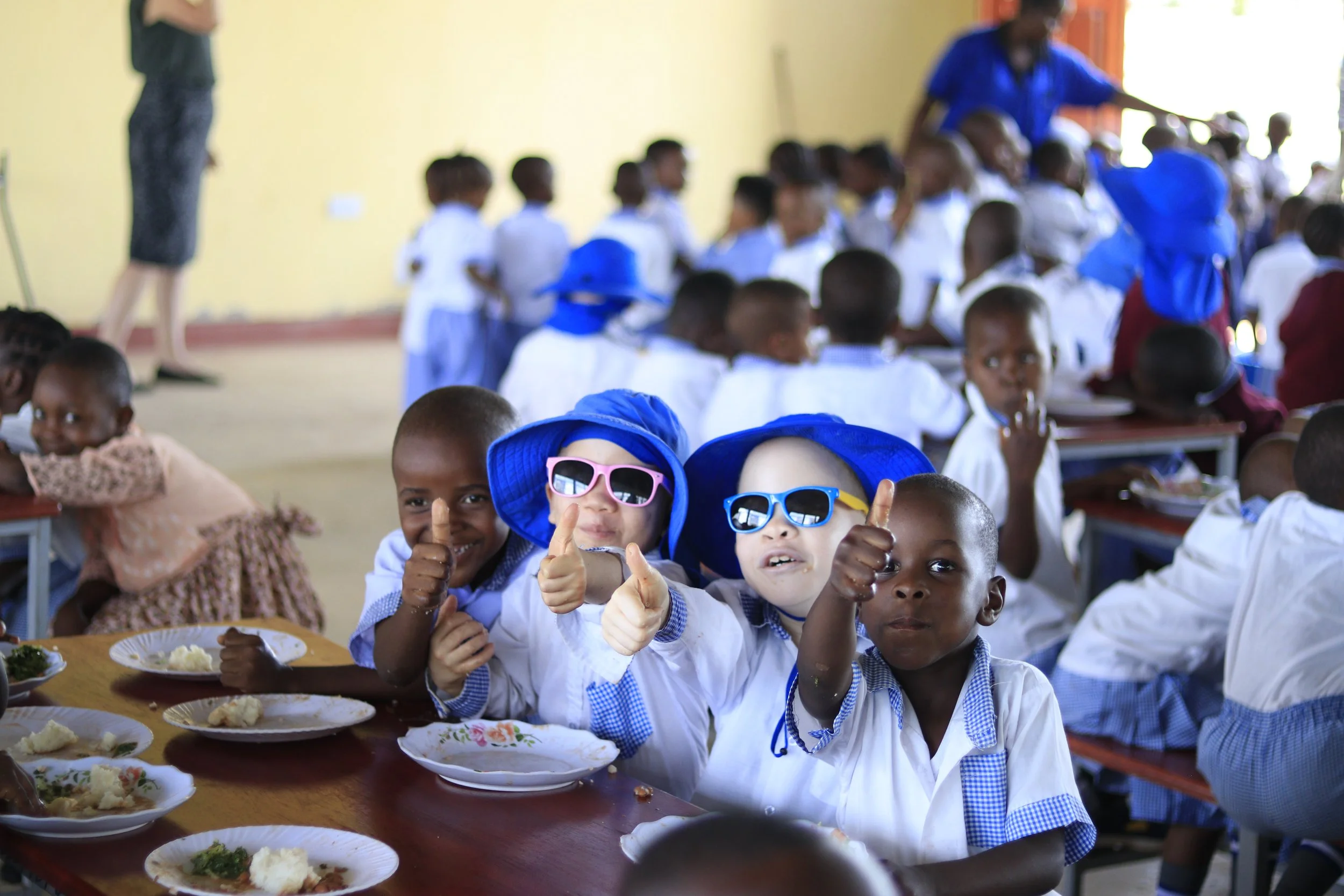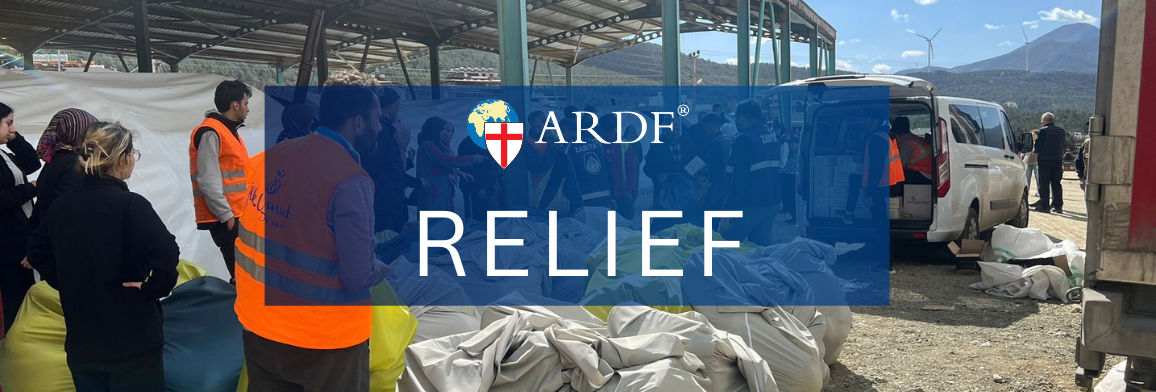Girls to study STEM subjects in rural Tanzania
“The work of the diocese is promoting the welfare of girls from poor backgrounds in Rorya.”
– The Rev. Denis Robert Odongo, Principal, Kowak Anglican Theological College, Rorya
Mara Region, Tanzania
Primary school students from Nyang’ombe village . Some of these may be the first beneficiaries of Nyang’ombe Girls’ Secondary School
Focusing on STEM (Science, Technology, Engineering, and Math) education is important for our children’s future. The most promising careers and growing industries often demand this course of study. This gets a lot of attention in the Western world. What does it look like in rural Africa?
In Tanzania, keeping girls in school (and delaying marriage) is important. But so is offering educational opportunities that will translate into stable jobs in the future.
The church in the Mara region of Tanzania has been a champion for girl’s education. Now, with a grant from ARDF, the Diocese of Rorya (which serves the Mara region) will build a secondary school, so that girls who complete primary school can complete their education locally. Part of the project includes building a laboratory and a computer lab.
The Mara region is one of the poorest in Tanzania. Although educational opportunities have expanded for a large number of students, many of Tanzania’s poorest students, like in Mara, are unable to attend school. In these remote and rural areas, there are few quality secondary schools. Those that exist are often poorly equipped with resources and lack qualified personnel.
Without education, girls are married at an average age of 13 years and have children while they are still young. All of this limits any economic opportunities that might raise them out of poverty.
This construction project will consist of four classrooms, a library, laboratory, computer lab, and a hostel for the girls to sleep. The diocese anticipates that 60 percent of the students will pursue the study of science, and the other 40 percent will study the arts.
The laboratory and computer lab will be fully equipped. It may seem strange to have to state this explicitly, but given poverty levels in rural Africa, one can not take this for granted. Girls at this school will have the opportunity to receive a STEM education.
Beyond academics, the girls will engage with the Scriptures by participating in a weekly Bible study, organized by the school’s chaplain. This will encourage the girls to develop good character and reduce their vulnerability to negative influences. As with all of the projects that ARDF supports, sharing the Gospel through word and deed is a crucial component.
Once the school is completed – in approximately 12 months – 150 girls will able to attend school! Additionally, 350 community members will benefit as the new secondary school becomes a venue for community meetings and other activities.
The Diocese of of Rorya is a new partner for ARDF. We are excited because they have a strong track record in education, evangelism, and holistic development. They are known for helping the community in multiple ways and have the community's support.
Join us in celebrating the start of this project and in praying for the girls who will benefit in 2020!








